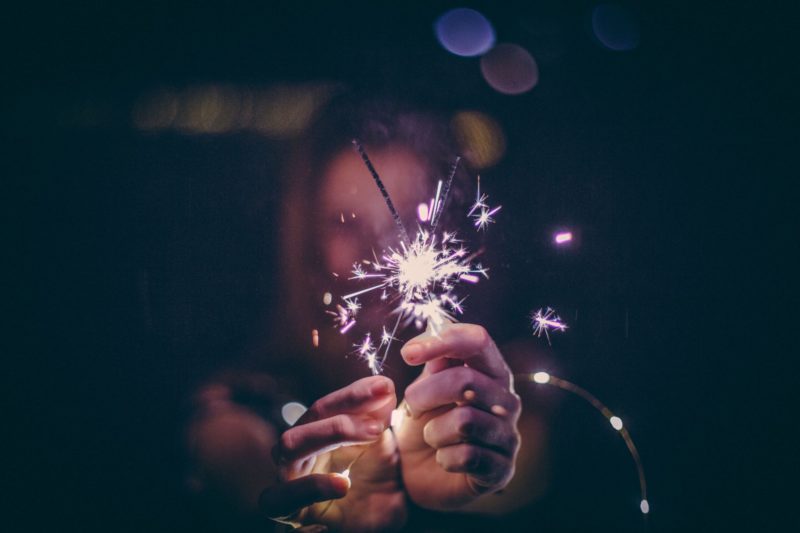New Year’s Eve Insurance Disasters To Avoid

Subscribe to our podcast:
On iTunes | On Stitcher
New Year’s Eve is often celebrated with parties, drinks, and a countdown to the dawn of a new year. However, a holiday meant to celebrate friends and family is often spoiled by mishaps that lead to insurance claims.
In this podcast episode, we team up with Gary Pozsik of Health, Wealth, and Happiness to look at common New Year’s Eve insurance disasters and how to avoid them.
Fireworks-related homeowner’s insurance claims
Firecrackers and fireworks are a common part of New Year’s Eve celebrations, but they can easily set fire to dead leaves, trees and shrubs, and even homes. They can also cause serious injury – such as burns, loss of limbs, and blindness – to those who light them.
In addition, if a fireworks-related incident occurs on your property, your homeowner’s insurance may not cover the damage.
It depends on the type of incident. Consider the following:
- If the fireworks set fire to your house, the damage may be covered by your standard fire policy
- Malfunctioning fireworks that injure a guest on your property may be covered under the liability section of your homeowner’s insurance policy for medical payments to others
- The liability section of your homeowner’s policy could also cover a scenario where fireworks misfire and damage a neighbor’s house
Safety tips
Before you plan to set off fireworks in a residential area, make sure you are in compliance with city and county ordinances.
- Use fireworks in an open area away from homes and power lines
- Have a fire extinguisher nearby in case of any mishaps
- Never try to re-light a firework that did not go off when first lit
- Keep pets and children at a safe distance from where fireworks are being ignited
Liability claims resulting from house parties
New Year’s Eve is a popular time for house parties, but hosts need to remember that the increase in house parties and guests could lead to accidental injuries they are liable for.
Homeowners have a responsibility to keep their property safe and are subject to “premises liability.” If a guest slips, trips or falls because of dangerous or hazardous conditions, you may be fully responsible.
Safety tips
Before your guests arrive, do a walk-through of your entire property and look for potential hazards:
- Make sure the area around the entry to your home, including the sidewalks, is free of obstacles
- Are there any trip or slip hazards? Is the path to the door even and easily accessible?
- Do you have any furniture/seating that could break or injure your guests?
Social host liability claims resulting from tipsy houseguests
In December 2013 alone, there were 733 people killed in crashes involving at least one drunk driver or motorcycle operator. That same year, 31% of all crash fatalities in America involved drunk driving.
If you’re hosting a New Year’s Eve party where alcohol is present, remember that your tipsy guests are your responsibility. Forty-three states have what are known as “social host liability” laws. Generally, these laws hold a host who provides alcohol criminally responsible for what happens after the guests leave.
In other words, if you let a drunk guest drive home, you are liable for serving too much alcohol and could be responsible for consequent damages and injuries.
Safety tips
Before hosting your end-of-year party, talk to your insurance agent about your coverage and limitations for this kind of risk. Most homeowners insurance policies include some liquor liability coverage, but it is often limited to $100,000 to $300,000.
Create a system for monitoring alcohol intake and ensuring your guests end their night safely, whether it’s by taking their keys as they enter and having them stay the night or by calling a ride for the ones who need to go home. Many cab companies offer free or discounted rides on New Year’s Eve; check for local programs and/or discounts in advance.


